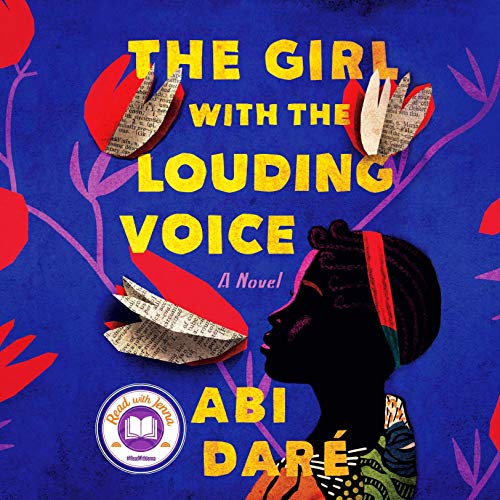|
This debut novel has it all: a hook, a clear setting, increasingly dire stakes, and a new voice from a character whose circumstances make you wonder, what year is it?
The specifics of Adunni’s journey from ignorance and impotence to knowledge and self-advocacy are perhaps not too surprising. However, Abi Dare writes with an attention to setting and sensory and emotional detail that this reader had to keep turning the page. Adunni’s world is vivid and her needs are urgent. Moreover, Ms. Dare expands her story by giving Adunni a heart for those around her, whether they deserve it or not. She cares not only for herself but also for the rest of the girls in her village who have no chance at choosing their own futures. And she casts forgiveness on her father for the way he treats her like property, forgiving his failures as he succumbs to the pressures of his own circumstances.
Above all, this western reader learns just how difficult it might be for one Nigerian girl to navigate the world, how she must learn when to speak out and when to keep quiet in order to position herself for her next move. This is truly one of those stories that is in high demand from agents, publishers and readers: one that tells an untold story, one that gives voice to a type of person who previously had none. Ms. Dare, however, points no fingers. She acknowledges British rule over Nigeria. She acknowledges Nigerian corruption after independence. She acknowledges the brutality of “jungle justice” practices. She acknowledges the real families in the “jungle” who lean on their own law. It is my understanding that Ms. Dare isn’t asking for a revolution but more asking that we look and see and understand the complexity of all of the stories revealed in the world created in these pages. Ms. Dare is herself a Nigerian native, born in Lagos and educated in the UK, making me wonder how much of this story was researched, and how much of this story was lived. Whatever the case, I was confident that I could rely on this author’s descriptions. My one objection to the text was that it used on an imaginary book of facts in order to provide context to certain chapters and plot points, first making this reader believe that such a source was real and then providing a note at the end explaining that while the book is made up, the facts could be easily found on the internet. I would have appreciated a list of sources rather than just being asked to defer to a Google search, although I understand this would be incongruent with the formatting of a novel. I was hesitant to pick up this book, and as I reflect on why that was, I think it was because I assumed this book was about everything we got wrong in the past, “we” being mainly colonialists. However, after reading it, I feel this book is less a book about the past and more a book about the present, with specific ideas of where to move forward from here. This is a book for now, and having learned that, I feel its momentum, as if it advocates for itself, as if it insists on being passed along to you, the next reader.
0 Comments
Leave a Reply. |
Author's Log
Here you will find a catalog of my writing and reflections. Archives
December 2022
|
